This article is dedicated to helping people become more aware of their surroundings and learning how to avoid tourist scams. Traveling has its dangers, after all – we want to help you overcome any challenge, and see your holiday through to the end.
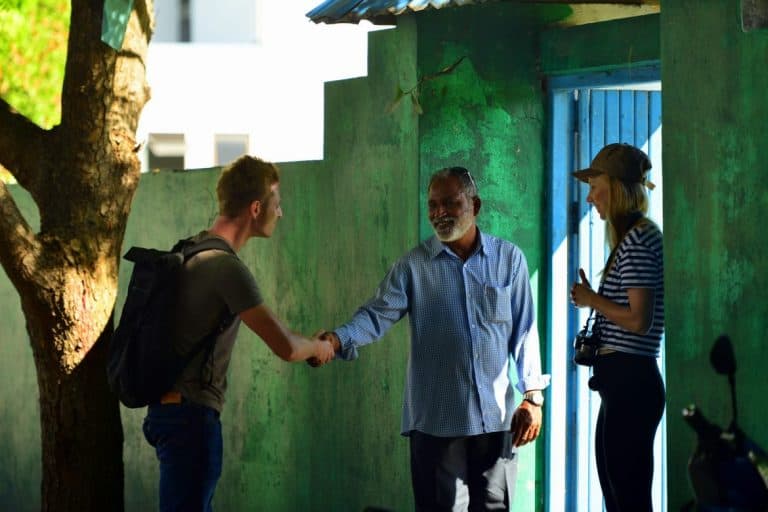
As a general rule, it’s helpful to keep the following tips in mind. For one, make sure your whole group is aware of the daily traveling schedule. You can’t get sidetracked if you stick to a plan. Next, avoid giving out information about your plans, lodgings, or personal matters to strangers.
Only keep small amounts of cash on you if you’re sure you won’t need it where you’re going. Even then, try keeping a safe amount back at the hotel safe (if applicable). This way you avoid impulse spending, as well as deterring you from falling into some traps. They can’t scam you if you don’t have any money.
Quick Navigation
ToggleStick Together with Your Group
Also, no matter how friendly a stranger may seem – don’t get singled out from your group. Most of all don’t follow people you don’t know – anywhere. Remember that common courtesy only applies if the other person acts just as polite. Don’t be afraid of saying a firm “NO” to people who won’t leave you be.
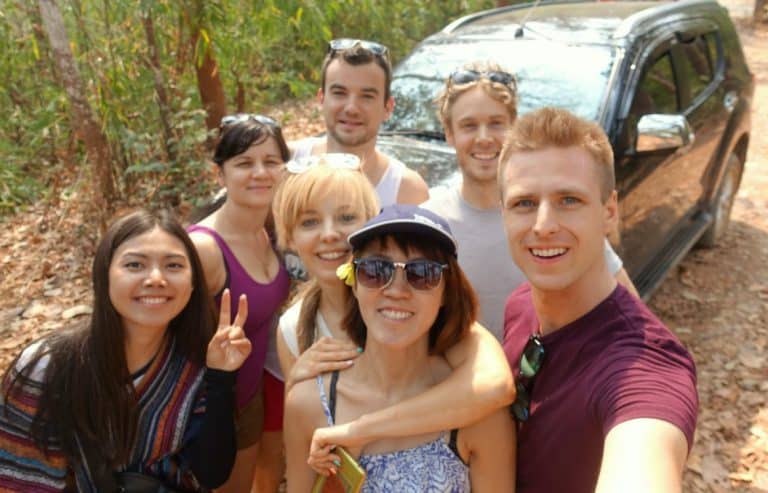
Another good way to avoid tourist scams is simply to not be intoxicated in an unfamiliar place (like restaurants or bars). Everyone likes a refreshing beer on their holiday. Just make sure you’re around people you trust.
Last, but not least, do your research. You can’t be fooled if you’ve done your homework. You should know the goings-on at your destination, along with how much pocket money is enough on a daily basis. Before booking or buying anything, settle the prices clearly. Vendors and providers can use misunderstandings to their advantage (your loss!). Oh, and always keep a receipt.

These should be common sense most of the time. Though, you’d be surprised how many people abandon common sense when faced with unfamiliar surroundings. Now that those are out of the way, let’s have a look at the top tourist scams you need to avoid.
Foreign Exchange (ForEx) Fraud
It’s quite difficult to avoid tourist scams involving ForEx – especially when you visit countries with multiple exchange rates or currencies (like Venezuela and Cuba). Venezuela’s economic crisis has created two exchange rates – one official, one black market. Obviously, the official one will be to your disadvantage. Make sure to discuss which exchange rate you will use.
Watch Your Currency
One other famous example is the currency swap you can find in China. If you ever buy from street merchants (we’ll admit, some souvenirs are hard to pass up) be mindful of the change they give you. It’s not uncommon to receive a Ruble note instead of a Yuan, which is way less valuable. You should also not accept bills with obvious signs of damage. Other vendors might not take them.
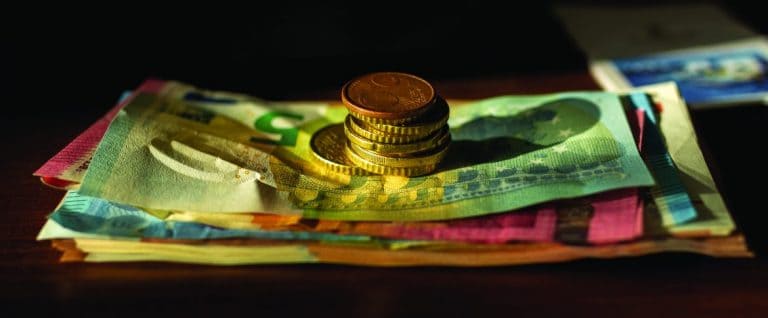
There are also some legitimate practices that will nonetheless leave a hole in your wallet. One of these is called Dynamic Currency Conversion (DCC). Vendors want to “help” make things less confusing by allowing you to pay in your home currency. The catch is, as always, a really bad exchange rate.
Unconvincing Money Collectors
On a related note (no pun intended), watch out for fraudulent “money collectors.” A local will stop you on the street, get out some pocket change, and tell you that they collect money from every country. They obviously expect you to fall for the trick and give them one of your own bills.

That aspect in itself is a bit humorous. Just think of it – a money collector who has never seen a Euro or Dollar?
Government Imposter Scams – Fake Police et al.
It’s hard to avoid tourist scams in a situation where you see a police uniform. Tourists generally don’t know much about local laws and customs. The scammer has an easy time playing on that fear of having done something wrong or illegal.

Let’s take the most common example:
- You get pulled over or accosted by someone driving a police car.
- They threaten you with a steep fine for whatever reason.
- Unless you would rather get out of it by paying a small fee, that is.
Real policemen would not attempt such things.
However, you shouldn’t start screaming for help or other such rash decisions. The scammer could be holding a weapon (though they often aren’t). Simply tell them that you would like to head to the police station or a simple hotel lobby nearby. That generally deters them, and they wouldn’t risk assaulting somebody in the open street for some petty cash.
Never Hand Your Wallet to Anyone
Another case is where the fake police officer mentions there counterfeit bills are rolling in the area. They offer to inspect your wallet for guilty bills. Don’t give it to them. They will just run off with it or snatch a couple of bills when you aren’t looking. Avoid tourist scams like this by understanding how officers actually behave in these situations.

Of course, they can also get craftier with their schemes by adding in a few accomplices. You’ve probably heard about the “dropped wallet” scam. A lucky fellow just happens upon one in the street and asks you if you want to split the money. The fake police officer comes on the scene and accuses you of stealing. He asks to see your wallet, just in case you already dipped into the funds.
Pro tip: don’t travel without appropriate insurance. Depending on the country where we go, we use either World Nomads travel insurance or SafetyWing.
Don’t Get Framed
There’s also a variation on the above. The accomplice comes over asking for directions, or even asking if you want a part in something illegal. When the fake cop casually overhears your conversation, they’ll accuse you of buying drugs or something similar. Don’t give them your passport when they ask to inspect it! Follow the advice we mentioned before, and you should be fine.
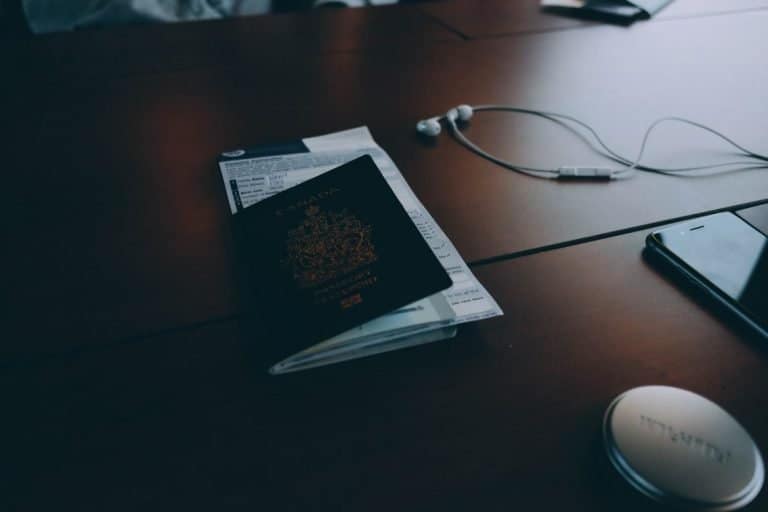
Some scammers dress in government officials and ask tourists for souvenirs. Can you guess what those souvenirs are? Exactly – money. If they notice you didn’t pull out a decent amount, they even have the nerve to ask for more!
Taking the Taxi
Being wary of cab rides is probably the best way to avoid tourist scams for most travelers. We all know how cabbies like to take unwary visitors on scenic taxi drives just to get a little extra cash. Avoiding this can be difficult. At least you can ask your hotel for an approximation of the cab fare from the airport.
On the other hand, you should watch out for cabbies that don’t activate their meter. You could end up paying up to triple the price! Most countries require them to turn it on by law, anyway. There’s also the risk of running into taxis with a device called a “turbine.” This gadget makes the meter run faster than usual. The driver keeps you distracted by showing you the sights, so you won’t notice the scam taking place.

Of course, there are also countries where they aren’t obligated to turn the meter on. You may have to settle on the fare. Just be sure they don’t tell you that they charge “per person” at the end of the road. Settle everything beforehand.
Staying Prepared
Furthermore, always try to write down or memorize the taxi number. You don’t know when you run into somebody who refuses to give you your luggage back! They usually avoid confrontation if they see you’re prepared. You could also try keeping your stuff nearby instead of putting it in the trunk.
Another trick they might attempt is to take you to a closed attraction. They conveniently forget to tell you that, however. Then, they recommend another place – naturally very far away and your wallet will soon feel the sting.
As you would expect, these are not the only situations where you can avoid tourist scams. Merchants will also drain your wallets if you don’t know how to deal with some of them.
Dishonest Vendors and Food Places
Who knew that buying a simple souvenir could end up with a headache? To avoid tourist scams at foreign flea markets, street vendors, and the like, you need to understand how they act.
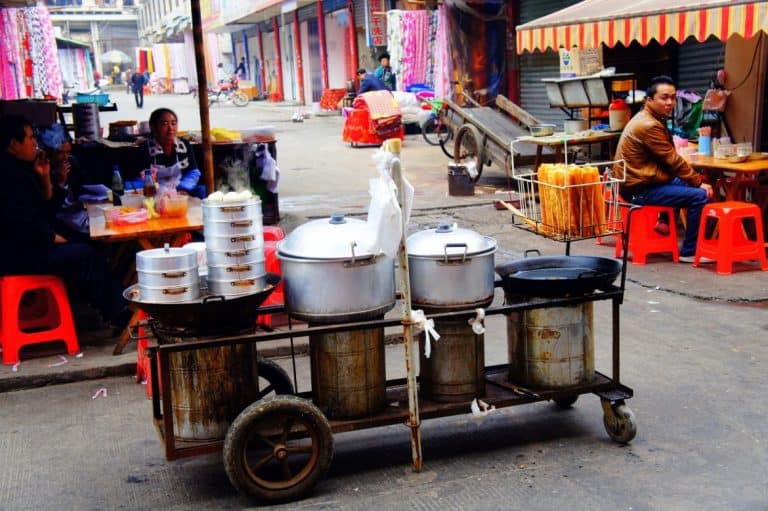
For one, always check the pricing in more than one shop. While not actually a scam, the first touristy souvenir spot you come across might have hugely overpriced items you could get much cheaper a few blocks away. Some of them are conveniently placed that way, where tourists might disembark.
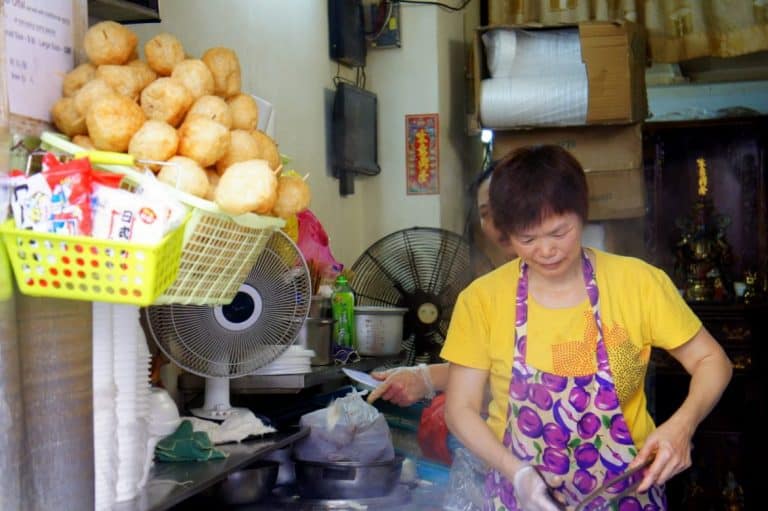
Note that it’s especially wise to avoid places taxi drivers recommend. Not that they’re all bad. But, they might get commissions for any clients they bring in. That commission is clearly paid for with your own money. Shops, restaurants, and even hotels are sometimes guilty of this.
Street Vendors
As for an actual scam, imagine the following scenario:
- There’s a food stand serving your favorite dish.
- You hand over the cash before the delicious meal is in your hands.
- Now the vendor says you paid much less than you agreed on.
- Since it’s your word against theirs, you now have to pay up if you want your meal.
Guilt purchases are also a frequent tactic. Let’s say you’ve asked the price for a slice of cake, or a piece of watermelon, for example. They won’t tell you the price up-front but will weigh it and tell you some number that’s too high for your budget. If you try to back out of the deal, they will try to guilt you into buying it anyway. They took the time to cut the slice and weigh it, after all.

When that’s not the case, you should make sure to carry small bills and change. The reason for this is that vendors might try to cheat you out of a larger note. They will claim they don’t have a change, so you need to pay an exact amount. The catch is that they never gave you your bill back. This all happens quite fast, so you might not even notice what has happened until it’s too late.
Vulnerable Credit Cards
There are more high-tech trickeries going on, however. If you pay in restaurants or bars with a credit card, the waiter will take it out of your sight and charge you for your order. That’s common practice. What you don’t know, is that they can use a special machine to get your credit card information and buy things on your behalf.
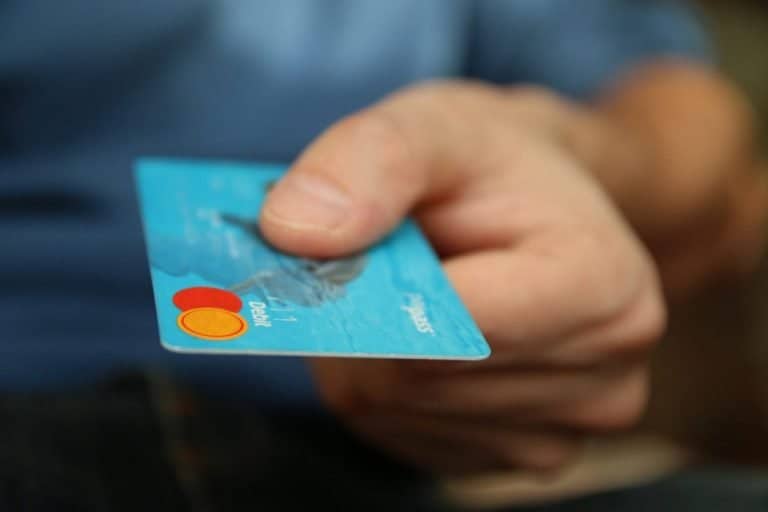
If you want to avoid tourist scams like this, try carrying only cash around. Not only do you dodge this scheme, but you save valuable time canceling your credit card in case it’s stolen in other circumstances. You even skip out on contacting your credit card company to cancel the fraudulent purchases.
The last rip-off in this section is in regards to expensive-looking trinkets and gems. If you travel a lot, you’ve probably even encountered this one. A stranger steers you over to a jewelry shop where they have a convenient discount on expensive-looking gems. You can supposedly resell these back home for a fortune. Any affluent-looking people confirming the story are probably accomplices.
Nothing Like Bad Lodgings to Ruin a Holiday
With the Internet at your disposal, you’re lucky you can check hotel reviews before beforehand. For example, you could end up in a place where they charge you for every amenity, whether you used it or not. Again, it’s your word against theirs, so you can’t exactly prove you haven’t used the microwave, for example.

There’s also the possibility of hotels refusing to give you a refund for poor conditions. Sure, this is not actually a scam. But it serves as a good warning for people who book cheap hotels without checking the conditions firsthand.
“Conditions May Apply”
Speaking of which, always pay attention to the fine print. It’s the easiest way to avoid tourist scams involving lodgings. Hotels most often advertise cheap prices. But when you get to the payment part, you are met with a huge bill. It’s most likely because the rate is part of a loyalty program or some other bonus they’re offering (to seniors, for example.)

This next case is another great argument for why you should pay in cash. Your hotel could charge your credit card for something you supposedly broke. They even send your credit card company pictures of the damage, and maybe of a counterfeit repair bill. In this scenario, you should contest the charges with your credit company, by saying it was not made with your approval.
Worst Case Scenario – Deceitful Eviction
The worst thing that could happen, however, is getting evicted early. This could work in two ways:
- One: management tells you that your stay actually ended on the previous day. They’ve “disposed of your luggage” to make way for the next guests, while actually planning to sell your valuables later.
- Two: they claim you’ve done something wrong and firmly demand that you leave, without a refund for what was left of your holiday. The police most likely can’t help you in this situation. You must rely on your own research to filter out the reputable lodgings from the bad ones.
Another way hotels try to cheat some extra money from their clients is to tell them that there’s been water contamination. Naturally, they expect you to buy water from their overpriced bars. On the off chance that the contamination story is true, you could always go to a corner store and get it much cheaper. You can avoid tourist scams like this pretty easily, though it probably caught enough victims if it’s still this widespread.
Overly Friendly Locals
The following might sound like we’re being exceedingly cautious. But hey, if you want to avoid tourist scams entirely, you should be aware of as many as possible. Most of the time, strangers don’t act friendly towards people without an ulterior motive.
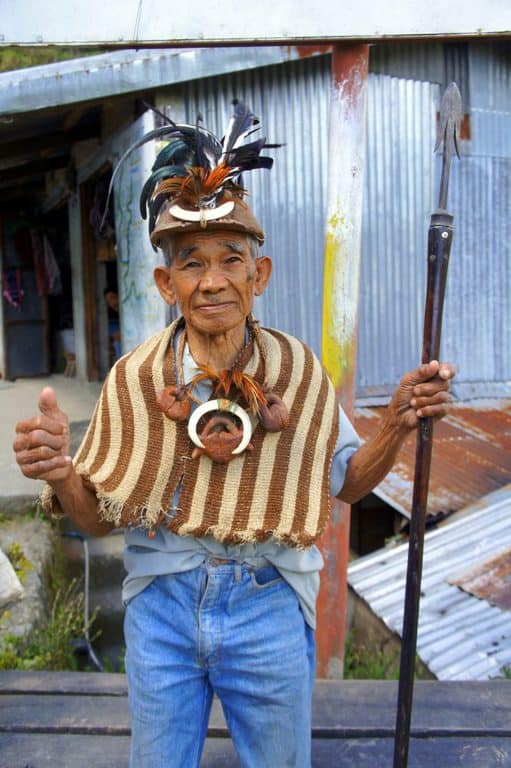
You could run into someone who claims the attraction you’re trying to visit is closed for whatever reason. Then, they “helpfully” suggest going someplace else (where they generally get a commission). Always check for yourself before accepting their offer.
Being Helpful… for a Price
Others might ask for a small price to protect your vehicle while you’re away. Or just being all-around too friendly and helpful, only to ask for a small reward in exchange for their services. There’s a clever scam that plays on this. A shoe cleaner’s apprentice might throw dirt on your shoes when you’re not looking. The cleaner notices your dirty shoes and offers to help you with a steep fee.
Other than that, there might be beggars or supposed charity workers who go around giving people gifts. Only, they’re not actually gifts – as soon as you wrap their trinket around your arm, they start asking for money. You might actually have to give them something if you don’t want them following you around.

We’re not saying you should refuse the hospitality of people. Just have a little skepticism and don’t let a pretty smile fool you. And now, for the final section of our ultimate guide to avoid tourist scams. It will deal with the distractions pickpockets use to swindle you.
Pickpocketing and Theft Distractions
Certainly, we could have added some of the following to the previous part. But, these usually involve some form of criminal activity rather than betting on your naivety. We’ve already discussed the shoe cleaner scam, so here’s the pickpocket version.
Someone draws your attention to dirt on your shoes, shirt, or some other area that involves you turning your head. While you’re distracted, your pockets have been picked clean. In some cases, someone attractive will draw you into a conversation while their partner flees with your wallet. Don’t underestimate the creativity of some of these schemes, though.
You can safeguard your valuables by carrying them in an anti theft backpack that is designed specifically to deter and make it extremely difficult for pickpockets to access.
Staged Fist Fights and Flat Tires
Pickpockets can act in groups to stage a fist fight (which naturally draws in crowds). Everyone is too busy watching the fight in a crowded area. Meanwhile, one accomplice can be sneaky enough to move undetected, stealing everything they can get their hands on.

Similarly, thieves could act in group to puncture your tire as a distraction method. While you’re busy changing your tire, an accomplice offers to help. This only serves to keep your eyes away from the car. If you haven’t locked your doors, someone will steal anything handy.
Of course, there are plenty of other distractions that could get you involved in a pickpocketing scam. Keep your eyes peeled, especially in crowded places. You don’t need to be paranoid to be careful.
How do you avoid tourist scams?



11 thoughts on “Cheating the Cheaters – the Ultimate Guide to Avoid Tourist Scams”
being prepared – know before you – is so important. And if you research you will find information online about specific scams in the places you are going, always invaluable!
Thank you for sharing this important information about tourist scams which helves all tourist, those are like to travel.
Great post, Agnes! It’s easy to get caught up in traveling and drop your guard. Good reminders to help us stay safe. :)
Honestly a taxi is one of the best ways to get around in America if you don’t have a car. Sometimes I forget that other countries really like going around the block multiple times or the long way around rather than a more direct route for more money. It’s a shame!
Haven’t been cheated yet, but I guess I was just lucky. Thanks for shedding light on these scams – some of them I’ve never heard of.
So true – it’s much easier to spot something when you know it may be there and what to look for.
Hope this helps our readers avoid some scams
Yeah, we all find ourselves sometimes with the guard down – regardless of how long we’ve been doing this. Thanks for your comment!
Normally when I’m in a new city and don’t know my way around I take out Google Maps on my phone to roughly check if the taxi is not going around. The driver will know it’s not going to be easy and will go the right way – never had a problem with that one.
That’s a good sign – means you don’t look like someone who can be cheated easily :D
to avoid many scams I frequent larger stores like department of large grocery stores for most of my spending. that way its scanned. entering the smaller shops is where alot of the scamming , prices changes go up.